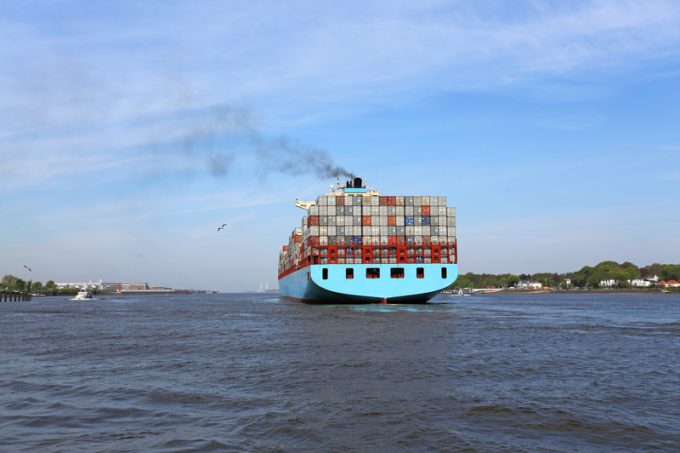Index-linked agreements: 'shippers have to have the stomach for them'
Shippers pondering the pros and cons of index-linked agreements (ILAs) “have to have the stomach ...

Major container shipping players have pledged to have commercially viable zero-emission vessels operating on deepsea trades by 2030
The promise was made on Monday during the UN Climate Action Summit, with a Getting to Zero Coalition (GZC), which counts Maersk, Shell and Zim among its 70-strong membership, set to lead the push.
Maersk chief executive Soren Skou said energy efficiency programmes had helped the shipping line cut CO2 emissions by 41% over the past decade, but added that such measures only prevented ...
Maersk u-turn as port congestion increases across Northern Europe
Apple logistics chief Gal Dayan quits to join forwarding group
Maersk Air Cargo sees volumes fall as it aims for 'margin in favour of revenue'
Airlines slash freighter capacity post-de minimis, but 'the worst is yet to come'
Houthis tell Trump they will end attacks on Red Sea shipping
Transpac rates hold firm as capacity is diverted to Asia-Europe lanes
MSC revamps east-west network as alliance strategies on blanking vary
India-Pakistan 'tit-for-tat' cargo ban sparks sudden supply chain shocks


Comment on this article